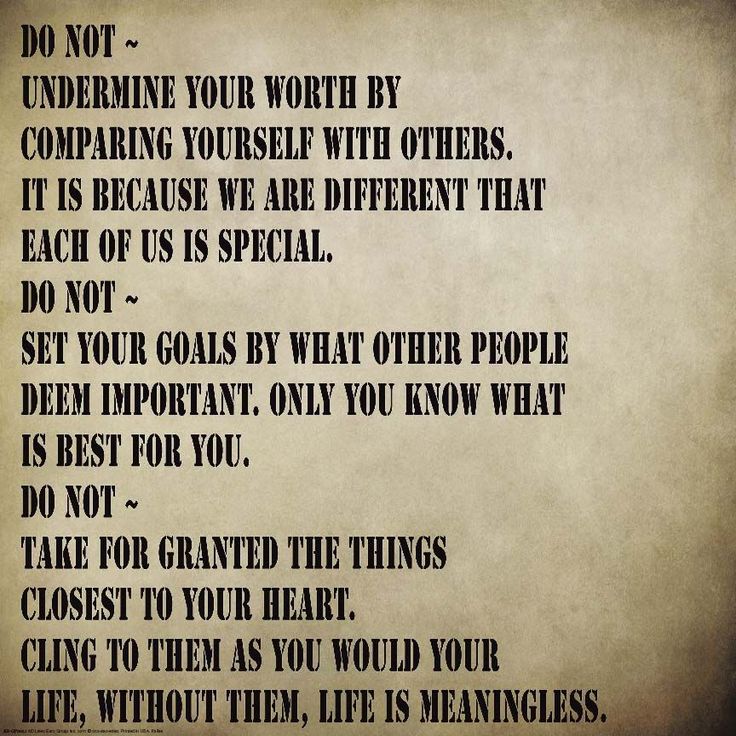

In the longer term, if this persists, and if you get pushback from managers for actually taking PTO, it’s time to seriously consider whether this is the healthiest place for you (or anyone) to work.ĭid I mention taking vacation might also help you live longer? You gotta take care of you. You know, you really should take one soon! Hey, check out this picture of my overwater bungalow…” When you get back, brush off any rude comments and simply say, “Yeah, my vacation was awesome, thanks for asking.
#To undermine someone free#
Who cares what snarky comments might flow free in the break room while you’re gone? You’re the one going to Tahiti, or Japan, or your mom’s pool in Florida, and I really want you to enjoy it. Shift your mindset toward not caring what other people think (try it-it’s magic). You’ve earned it! Talk to your immediate manager(s) about it, get the approval(s) you need, and go. I think you have two solutions, one in the short term, and one in the long. Everyone needs days off-many of them, in fact. It keeps people at their companies longer, and motivates them to do better work. It helps with stress reduction and heart disease prevention, makes us more productive on the job, and helps us sleep better, too. There’s endless research indicating that taking time off from work is good and necessary and wise. But what’s the top? Working 365 days a year without a break? That would be a shame. You’re all gaslighting one another in some misguided effort to get to the top, to avoid shame, to appear superhuman. So, while I don’t want to just throw around the word toxic, I fear your company culture may be a tad toxic. The fact is: Workaholism is a very real mental-health problem, and it’s one that your company appears to be promoting through its culture. Then, when you decide to leave the company, they don’t have to pay out any unused vacation days. Unlimited PTO policies-which, on first blush, seem like a great perk-can actually exacerbate this problem: When employees realize that no one really expects them to use those days, they end up taking even fewer days than they would be allotted in a normal policy. employee takes only about half their eligible vacation time, and 66 percent of Americans end up working while on vacation. According to a 2017 Glassdoor survey, the average U.S. (In the UK, people get 28 days a year-and that’s before holidays.) It gets worse. As Quartz recently reported, America is the only wealthy country that does not require private employers to offer vacation time to its employees. This problem is, unfortunately, rampant in the United States. In this situation it appears that your coworkers, at the behest of the overall organization, have sipped from the company Kool-Aid a bit too heavily. How do I approach this, given the company culture? If someone does take off work, eyes are rolled and jokes are made. Instead, pretty much everyone at the company-from the top down-talks about how we work all the time like it’s a badge of honor. My company offers an unlimited vacation policy, but the thing is, no one ever seems to take vacation.

(That’s something your work sibling/spouse just can’t offer.) Tell us everything. Something messing with your flow? Unload your work problems here, and you’ll not only feel heard but you’ll also get unbiased, real-world advice. How we work is an important component of how we live-and we’re here to help you do better at both.
#To undermine someone how to#
In Work Flow, we delve into the novel dilemmas created by the new ways we work, as well as timeless questions about ethics, gender assumptions, and toxic work situations (and how to escape them). As the space between work and not-work becomes ever more blurred, questions about how to do this thing we plug away at for 30 or 40 or 70 hours a week become all the more expansive.


 0 kommentar(er)
0 kommentar(er)
